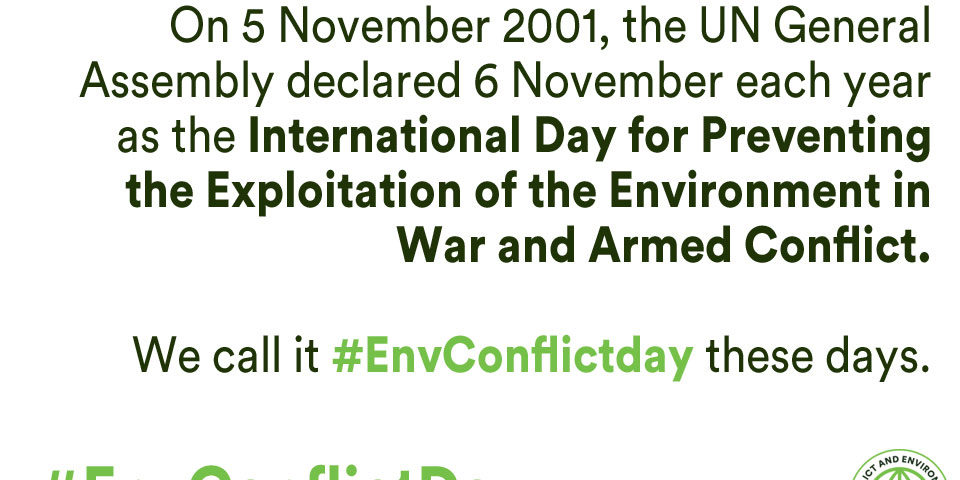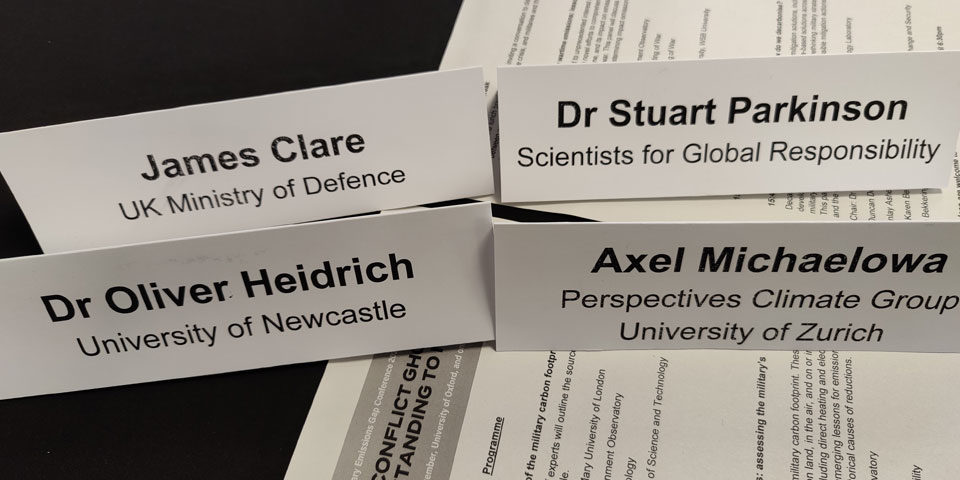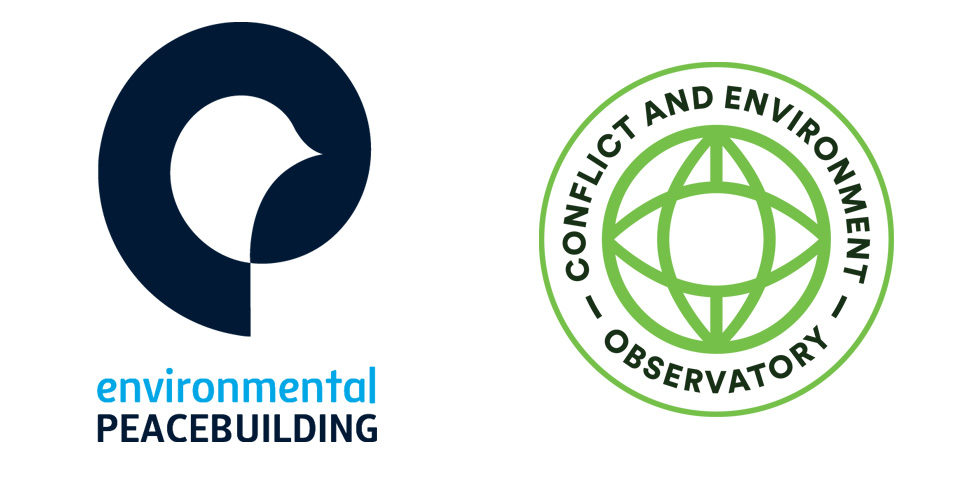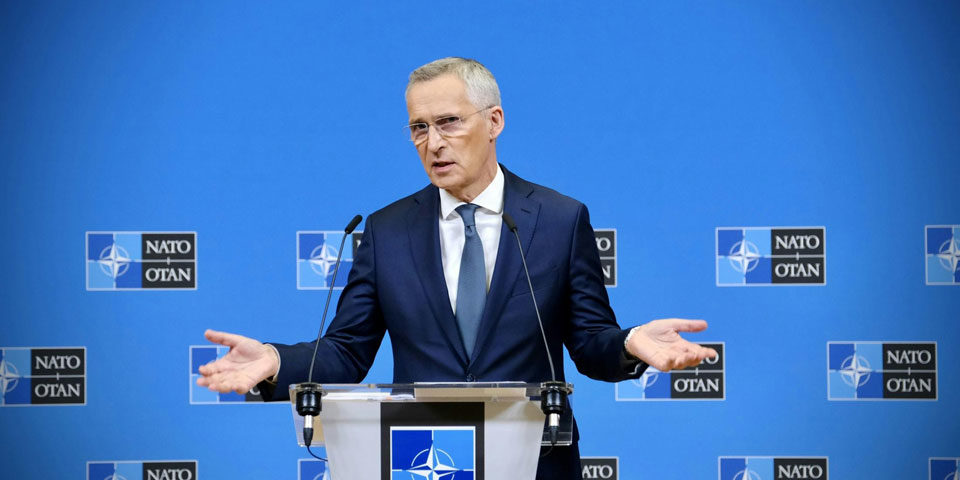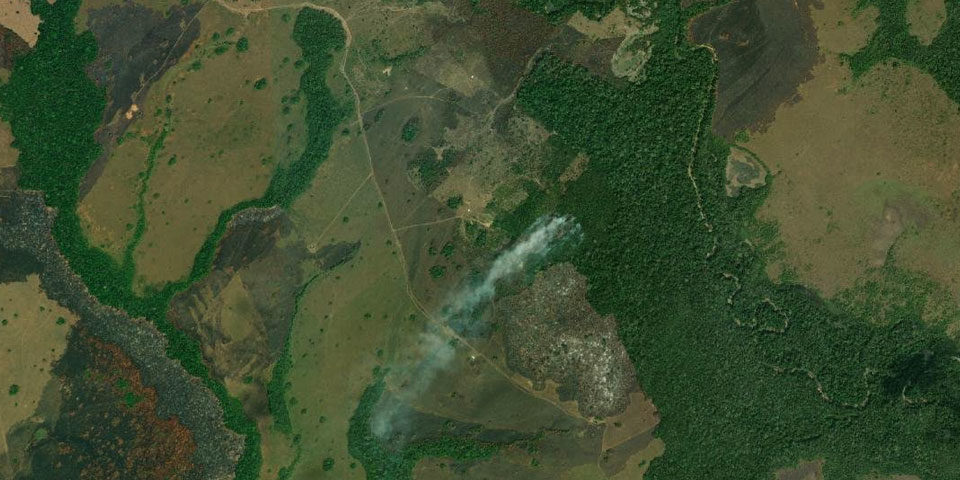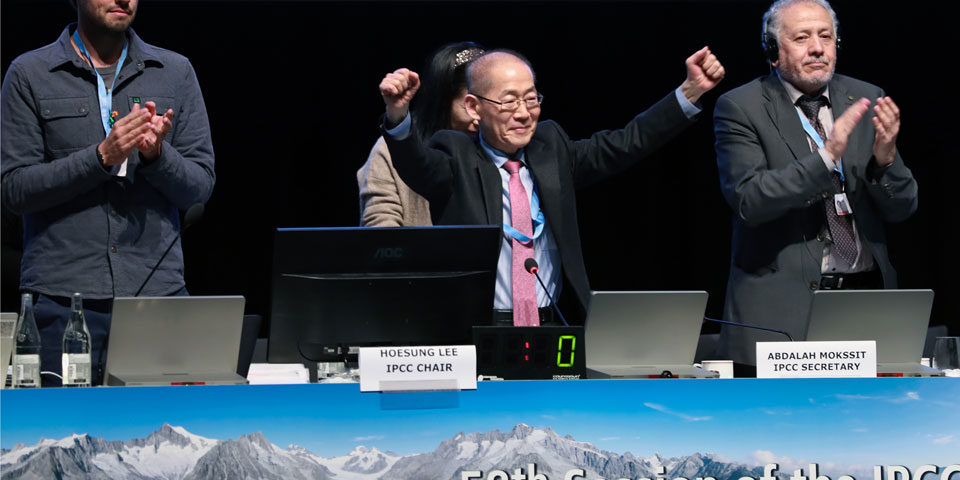Global messages marking #EnvConflictDay 2023
To mark the United Nation’s International Day for Preventing the Exploitation of the Environment Through War and Armed Conflict 2023 – #EnvConflictDay, we invited friends and colleagues from areas affected by armed conflicts to share a message. Here’s what they wrote.

